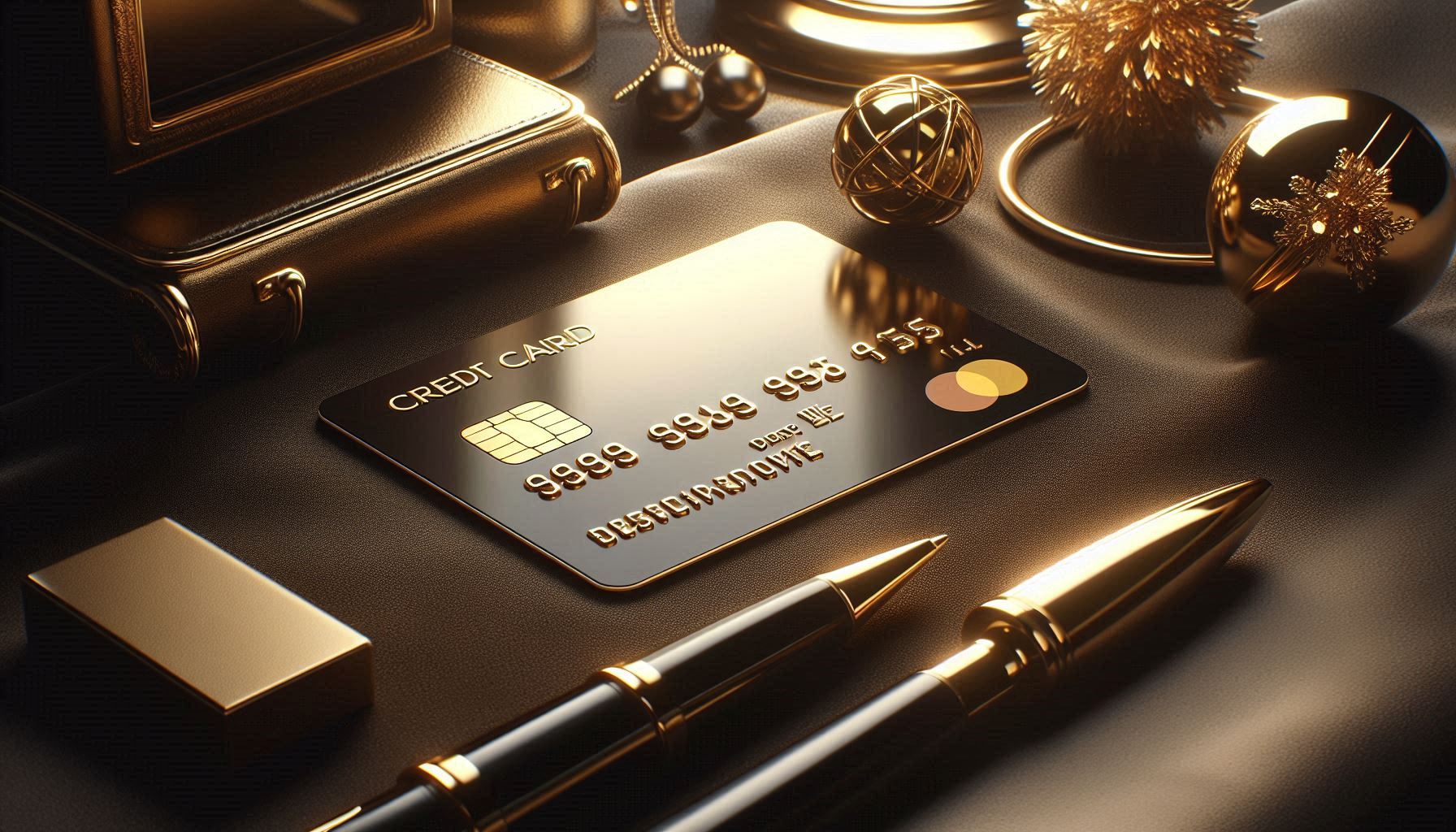
Introduction
Credit cards often get a bad rap, associated with debt and overspending. However, when used responsibly, they can be a powerful tool for secure shopping and financial management. This article will explore the benefits of credit cards, how they can enhance your security, and tips for using them wisely.
Understanding the Credit Card Landscape
Before diving into the benefits, it’s crucial to understand the basics. A credit card allows you to borrow money from a lender to make purchases, with the agreement that you’ll repay the borrowed amount, usually with interest if not paid in full by the due date.

Enhanced Security Features
One of the most significant advantages of using credit cards is the enhanced security they offer compared to debit cards or cash.
- Fraud Protection:
- Credit card companies are legally obligated to limit your liability for fraudulent charges. Under the Fair Credit Billing Act, your liability is typically capped at $50, and often, card issuers waive this entirely.
- Example: If someone steals your credit card information and makes unauthorized purchases, you can dispute the charges and won’t be held responsible for the full amount.
- Dispute Resolution:
- Credit card companies provide a dispute resolution process for purchases that are defective, not as described, or never delivered.
- Example: If you buy a product online that arrives broken, you can dispute the charge with your credit card company and potentially receive a refund.
- Zero Liability Policies:
- Many credit card issuers offer zero liability policies, meaning you’re not responsible for any fraudulent charges if reported promptly.
- These policies add a layer of protection beyond the legal minimums.
- Temporary Holds:
- When renting cars or staying at hotels, credit cards are often used to place temporary holds. This protects the business without directly withdrawing funds from your bank account. If any issues arise, the credit card company can help resolve them.

Building Credit and Earning Rewards
Beyond security, credit cards offer valuable financial benefits.
- Building Credit History:
- Responsible credit card use, including timely payments, builds a positive credit history and higher credit score essential for future loans, mortgages, and even apartment rentals.
- Example: Consistently paying your credit card bill on time demonstrates financial responsibility, which improves your credit score.
- Rewards and Cash Back:
- Many credit cards offer rewards programs, including cash back, travel points, and other perks.
- Example: A cash-back credit card might offer 1-5% cash back on purchases, effectively providing discounts on everyday spending.
- Example: Travel cards can provide miles for flights, or points for hotel stays.
- Purchase Protection:
- Some credit cards offer purchase protection, covering items that are damaged or stolen within a certain period after purchase.
- Extended warranties are also common.

Practical Tips for Responsible Credit Card Use
To maximize the benefits of credit cards and avoid potential pitfalls, follow these tips:
- Pay Your Bill in Full:
- Avoid interest charges by paying your credit card balance in full each month.
- Monitor Your Statements:
- Regularly review your credit card statements for any unauthorized transactions or errors.
- Keep Your Credit Utilization Low:
- Credit utilization is the percentage of your available credit that you’re using. Aim to keep it below 30% to maintain a good credit score.
- Avoid Cash Advances:
- Cash advances typically come with high interest rates and fees.
- Choose the Right Card:
- Select a credit card that aligns with your spending habits and financial goals. Consider factors like interest rates, fees, and rewards programs.
- Set up Alerts:
- Most credit card companies allow for alerts to be set up. These alerts can warn you of large purchases, or purchases made in a foreign country.
- Understand your Grace Period:
- A grace period is the time between the end of a billing cycle and when your payment is due. If you pay your balance in full during the grace period, you avoid interest charges.

Credit Cards vs. Debit Cards: A Security Comparison
While debit cards offer convenience, they lack the robust security features of credit cards.
- Debit Card Risks:
- If your debit card information is stolen, funds are directly withdrawn from your bank account, potentially leaving you without access to your money.
- Disputing fraudulent debit card transactions can be more complex and time-consuming than with credit cards.
- Credit Card Advantages:
- Credit cards provide a buffer between your bank account and potential fraud, minimizing the risk of immediate financial loss.
- The dispute process is much better defined for credit cards.

The Emotional Aspect of Secure Shopping
Beyond the practical benefits, using credit cards for secure shopping provides peace of mind. Knowing that you’re protected against fraud and can dispute questionable transactions reduces stress and enhances your overall shopping experience.
Wrap Up
Credit cards, when used responsibly, are a valuable tool for secure shopping and financial management. By understanding their benefits and practicing smart usage, you can leverage credit cards to protect your finances, build credit, and earn rewards.
Sources:
- Fair Credit Billing Act:
- Federal Trade Commission (FTC): https://www.consumer.ftc.gov/articles/0219-disputing-credit-card-charges
- Credit Card Basics:
- Consumer Financial Protection Bureau (CFPB): https://www.consumerfinance.gov/consumer-tools/credit-cards/
- Credit Card Rewards:
- Credit Utilization:
- Debit vs Credit fraud protection:
Leave a Reply
You must be logged in to post a comment.